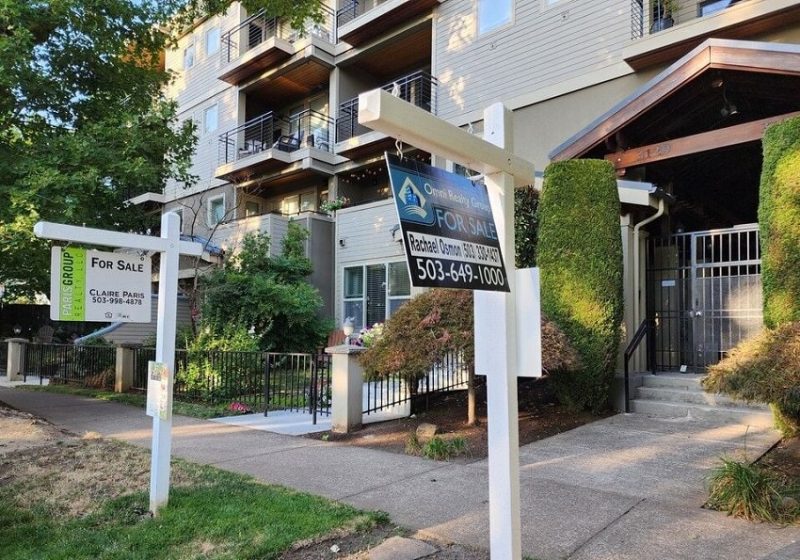Medford, OR — In an effort to increase homeownership and promote economic stability, Oregon lawmakers have passed legislation setting ambitious state goals to raise homeownership rates across the state by 2030 and beyond.
On Tuesday, the Oregon Senate approved House Bill 2698 in a 23-6 vote. The bill establishes a statewide target to increase the homeownership rate to 65% by 2030, followed by incremental increases over the next 15 years. It also mandates the Oregon Housing and Community Services Department to create a publicly accessible dashboard that tracks homeownership rates by race and ethnicity, aiming to close persistent disparities.
Sen. Deb Patterson (D-Salem), the bill’s sponsor, highlighted the importance of addressing racial gaps in homeownership. Census data analyzed by the Oregon Employment Department reveals stark contrasts: while 67% of white Oregonians and 62% of Asian Oregonians own their homes, only 30% of Black Oregonians, 47% of Hispanic Oregonians, and 51% of Native American Oregonians are homeowners.
Currently, approximately 63.4% of Oregonians own their homes, placing the state 39th nationally. Neighboring states such as Washington, California, and Nevada have even lower homeownership rates, while Idaho ranks higher.
Oregon’s housing challenges stem from decades of limited housing construction, population growth, and stagnant wages, particularly during the mid-2000s. The state now faces a shortage of affordable housing, with only 113,000 affordable units available for its 242,000 low-income households, according to the Oregon Housing and Community Services Department.
“Homeownership is a priority for the majority of Oregonians,” Patterson said on the Senate floor. “It’s a time-tested means of building generational wealth and promoting long-term economic stability for Oregonians and the communities we share.”
While the bill focuses on goal-setting and accountability, some lawmakers caution that increasing supply must be a key part of the solution.
Sen. Mike McLane (R-Powell Butte) emphasized that without policies facilitating new housing construction, Oregon’s housing crisis will persist. “We can set goals, we can have dashboards… but until this state makes policy decisions to allow more supply, which means compromise with folks that don’t want to increase supply, then we are going to see this systemic problem continue,” he said.
Sen. Noah Robinson (R-Cave Junction) expressed support for increasing homeownership but questioned the effectiveness of tracking dashboards. “I think we’re just going to spend a bunch of money publishing a tracker of where we’re hoping to go, and what we really need to do is change state laws and make it easy,” he said.
The bill, having passed the House earlier this year with a 42-8 vote, now awaits Gov. Tina Kotek’s signature. It will take effect immediately upon becoming law.

